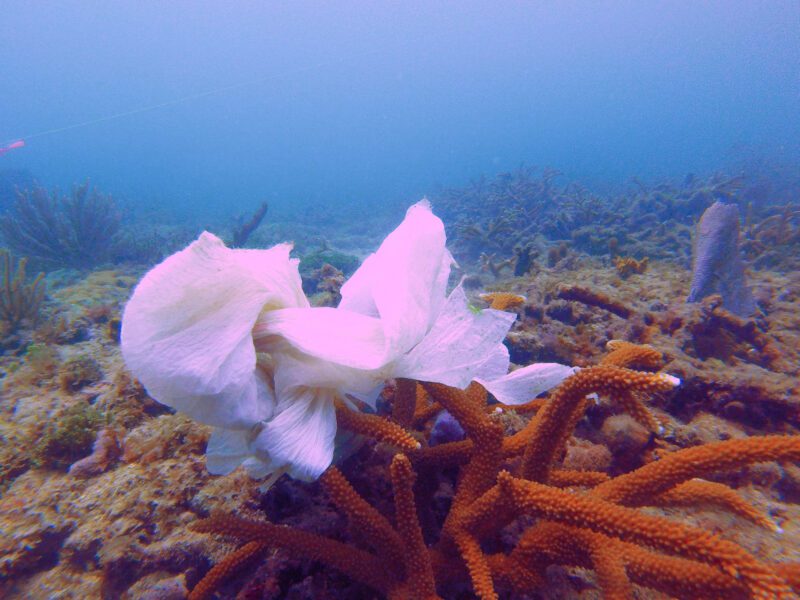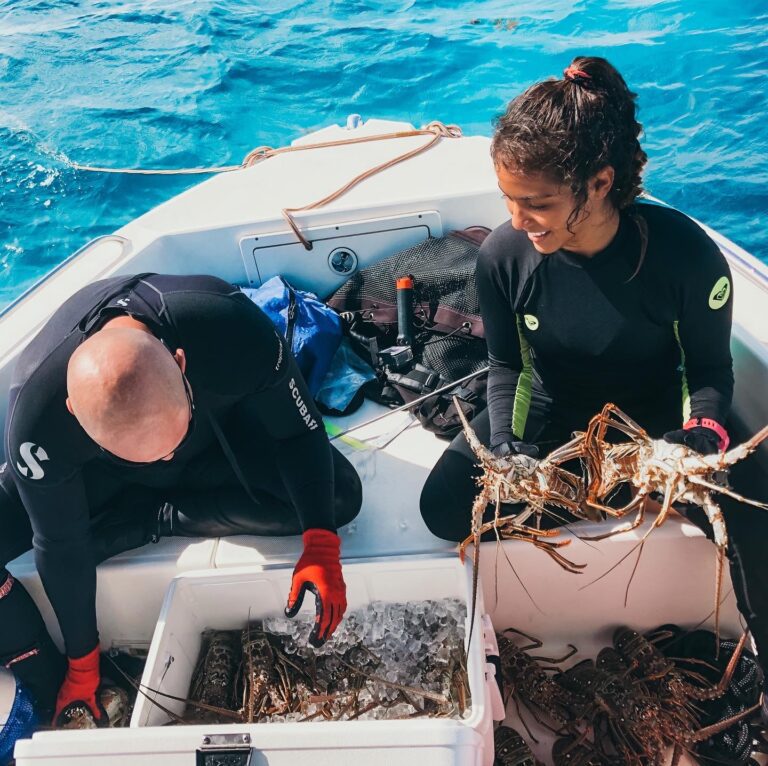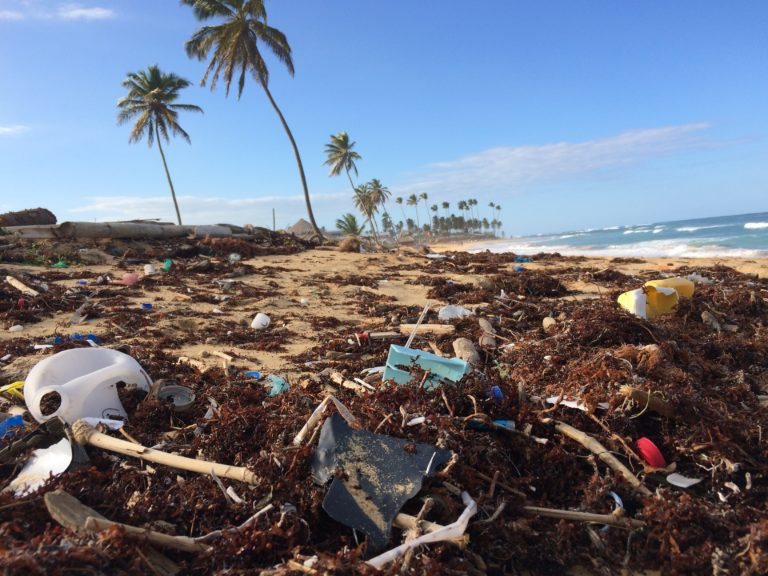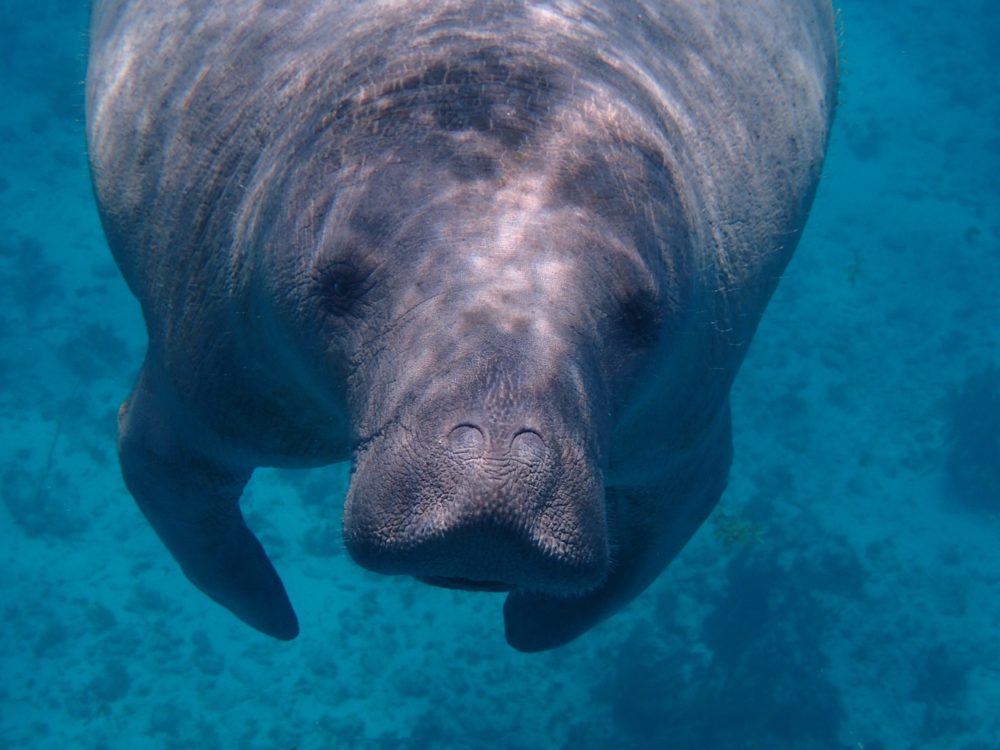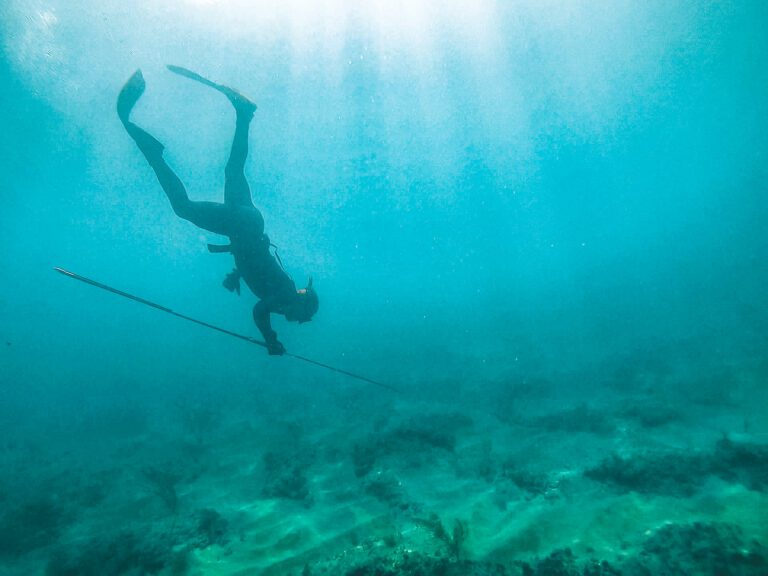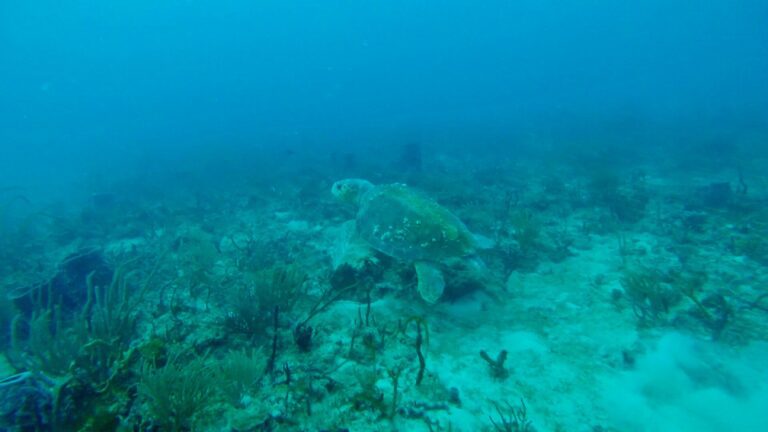A 2-Variable Approach to Ocean Conservation
Lately, it seems the only approach to ocean conservation has been through one lens; assessing the situation via one variable. But with such a complicated problem, wouldn’t the solution be equally as complicated?
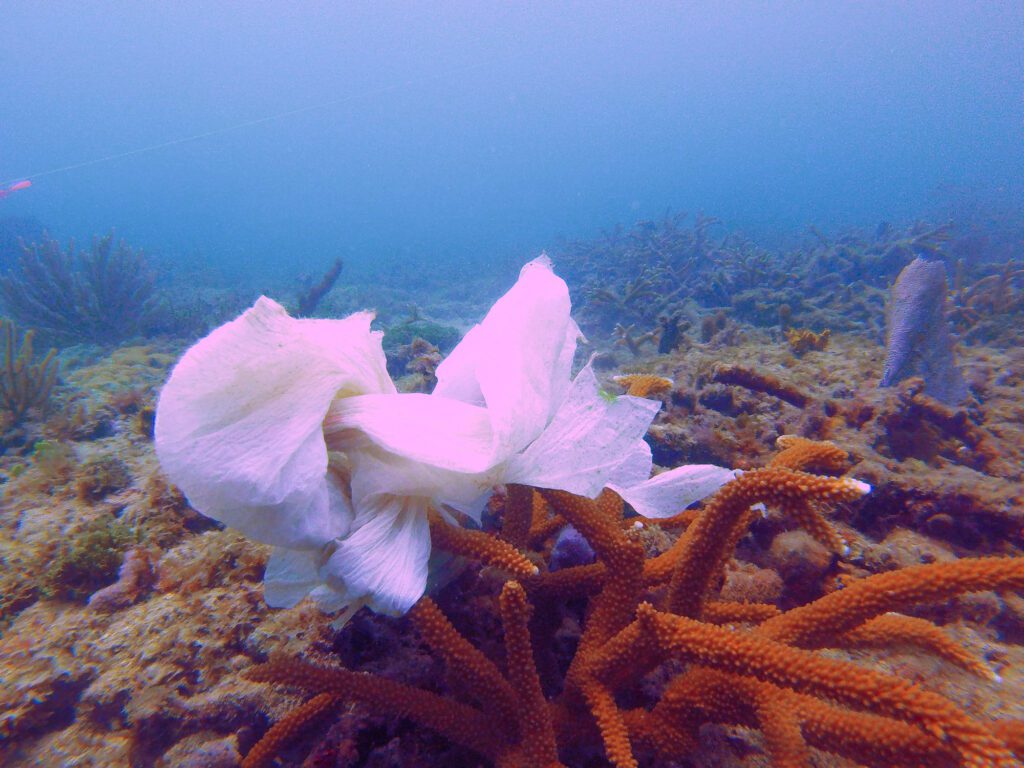
This article is purely personal opinion. Its goal is to spark dialogue and discussion in regards to the best possible ways to protect our oceans while maintaining prosperity for humans all over the world.
If I must be honest, as much as I love the ocean, (and believe me, I LOVE the ocean) the messaging from many ocean conservation propenents, and particularly individuals who purport to be environmentalists, can be narrowly focused. What do I mean?
Modern conservation often focuses on one thing
Consumption; humans consuming more than what the earth is able to provide. A valid point, no? I mean if we all just consumed what we needed the world would have a lot less trash in landfills, less pollution, less plastic in the ocean, and more natural resources. In theory, this is true.
But is it reasonable? If we all just consumed less could we really save the ocean?
Again this a valid point we should all consider. However, it fails to consider a few factors.
The limitations with the “consume less” approach to ocean conservation
Again, consuming less is something we should all strive for. But this single-variable approach to ocean conservation may have consequences. Why? It fails take a few key components into account:
- Changing human behavior is incredibly difficult. People can barely change their own daily habits, let alone someone else’s!
- Our lives are dependent on consumption. Whether it’s turning the lights on, getting to work, purchasing food from the grocery store. We all use energy (likely from fossil fuels), drive cars, and eat fresh food thanks to plastic packaging.
- The world, and particularly developing countries, simply cannot do-away with plastics, fossil fuels, or meat consumption. Majority of livelihoods worldwide are quite dependent on it.
Essentially, the limitation with the consume-less mantra is the human factor. It fails to factor in natural human instinct and behavior. After all, we all just want to live, work and feed our families.
So can we really just consume less to solve the problems our oceans face?
A 2-variable approach to ocean conservation
Ocean conservation should expand its blinders; consuming is but one part of the equation to help solve the problems our oceans face. So how should we do it? We suggest a more nuanced, 2-variable approach:
- Consuming less.
- Innovating.
- And striking a balance between the two.
Let me explain…
1. Consuming less.
I never did say it wasn’t a part of the answer! Consuming less where we can is actually vital. After all, just look at the data from the Ocean Conservancy’s 2018 International Coastal Cleanup:
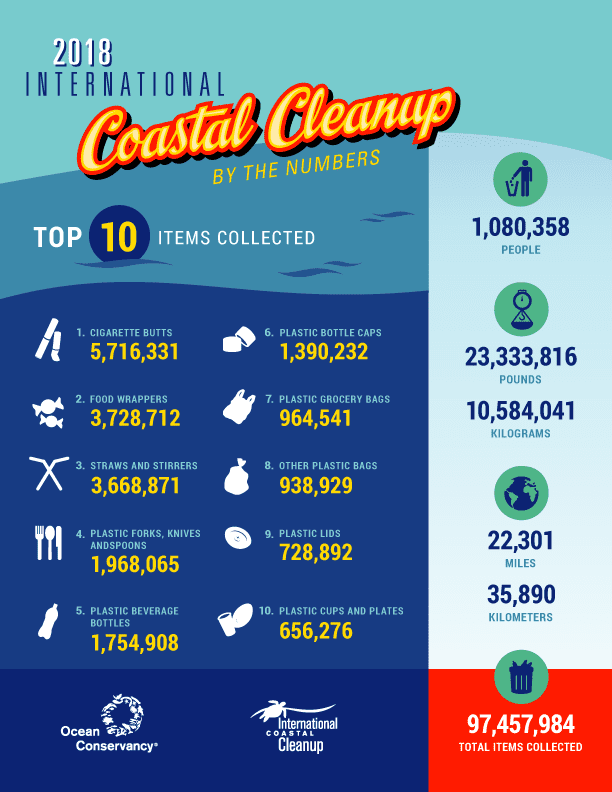
Notice a trend? A lot of single-use plastic! So again, consuming less has its limitations but it must be a part of the equation.
2. Innovating.
For all of human history, we’ve innovated ourselves out of every problem we’ve ever faced. In fact, every technology and/or tool we utilize is simply a solution to a problem that someone had.
Sure, some of those technologies have some negative affects, but all contribute a net-positive (they wouldn’t exist still if they didn’t). Think of plastic as an example: detrimental to the ocean; indispensable to modern medicine and food distribution.
But again, can we really just invent our way out of this mess? Can new technologies really save the ocean?
In some ways, yes. In other ways, not so much.
Striking a balance.
To us, it seems more reasonable that the real solution lies somewhere in the middle. Consuming less while innovating. Or better yet, consuming less because of innovation.
Ding, ding, ding. Now that makes sense.
For a great read on this topic: Charles Mann wrote a fascinating book on the debate between these two viewpoints called “The Wizard and the Prophet: Two Remarkable Scientists and Their Dueling Visions to Shape Tomorrow’s World“. We highly recommend it for anyone seeking to dabble into the realm of conservation.
What this approach to ocean conservation requires
“So you’re telling me to consume less and innovate?! How in the world can I do that?”, you might be thinking. After all, you’re no inventor, entrepreneur or world-changing philosopher. Well, you’re in good company because neither are we. So what do we do?
Taking ownership
To start, let’s take personal responsibility. Most of the world’s problems could be solved if every one took agency and responsibility over their own lives and their own decisions. Sounds novel, right?
Now, what solutions could you implement in your life today that could help reduce plastic in the ocean? Deter overfishing? Or reduce energy impacts? In essence, how could you consume fewer resources to relieve pressure on our oceans?
Supporting Innovators
Better yet, what innovators, businesses, nonprofits, products and/or services could you support that help achieve those goals? Like you said, you’re not an innovator, anyway. Fortunately for you, other people are.
Using a 2-variable approach to ocean conservation
Humans act and behave based off incentive structures. The most obvious incentive? Money. We all want to save money. We all want to make money. Again, that doesn’t make you a bad person. It makes you human.
That’s why innovative solutions that make people’s lives easier and cheaper is the key to ocean conservation. Innovation that causes people to consume less. Striking that balance between the two to ensure human prosperity and ocean health.
Because the reality is, we will never save the ocean simply by preaching to people about the evils of consumption, plastic, and fossil fuels.
What do you think?
Enjoy this Post? Pin it!
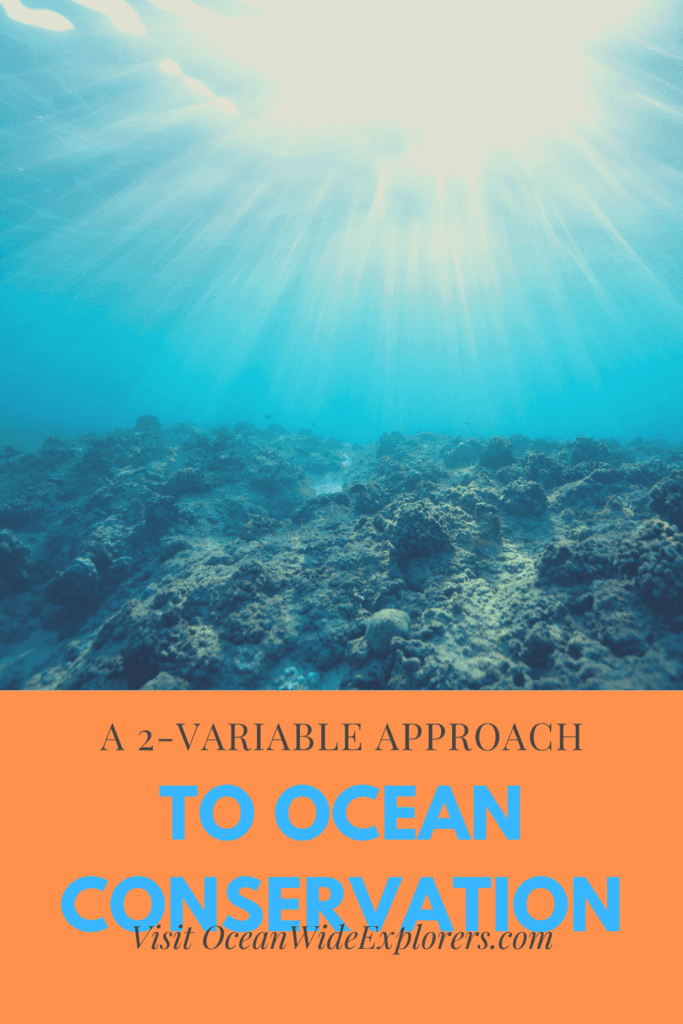
Read More About Ocean Conservation
We hope you enjoyed our post on a 2-variable approach to ocean conservation. Hopefully you’ll found it thought provoking! Here are a few more ocean-loving articles we think you should read next:
- 6 Ways to Reduce Plastic Use to Save Money
- 10 Eco-friendly Alternatives to Single-use Plastic
- How to Help Save Sea Turtles: 16 Do’s and Don’ts
How should we approach ocean conservation? What’s more effective? Consuming less or innovating? Leave a comment below!

